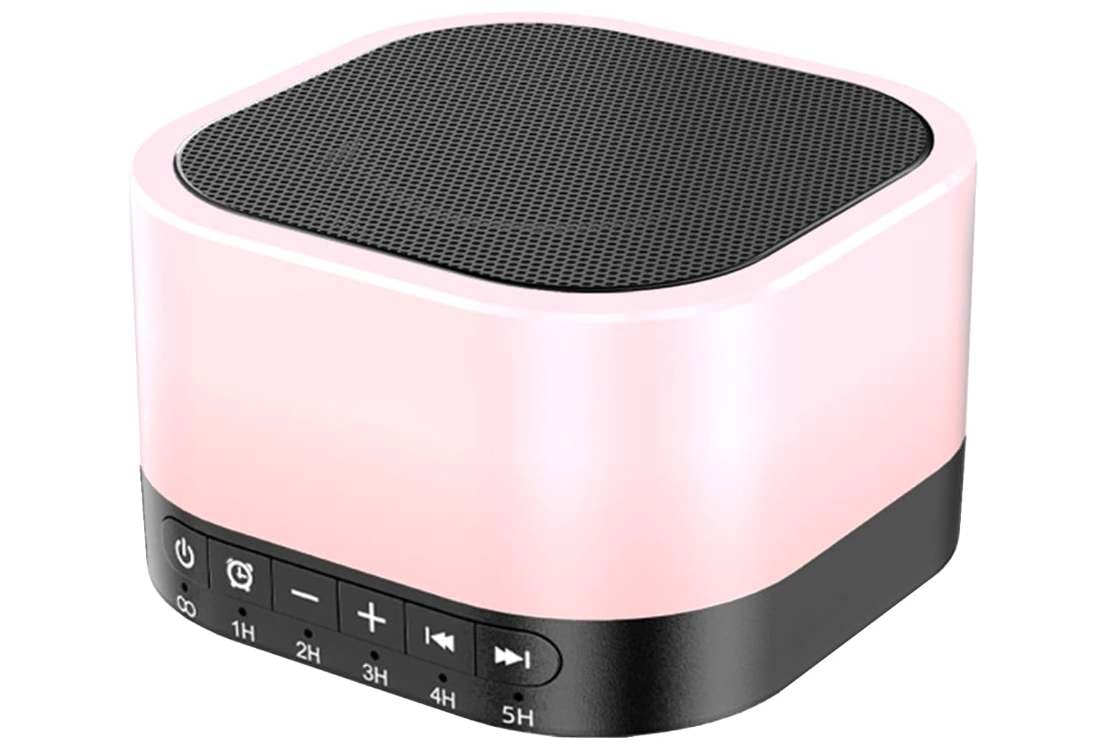“My tummy is full but my mouth is still hungry,” says my friend in our high school cafeteria. The rest of us around the table nod in empathy and understanding.
Mouths can stay hungry even when stomachs are full. Who among us doesn’t eat for taste as much as for nourishment? Or for taste primarily?
Excluding my sister and another friend who are obviously freaks of nature and eat mainly for “fuel.” Most of us the rest of us are foodies of one stripe or another.
Therein lies the biggest issue with using Ozempic and other semaglutides for weight loss.
My doctor prescribed Ozempic for me several months ago. No, I’m not diabetic or pre-diabetic, but my BMI — body mass index — of 31 qualifies me medically. I don’t see myself as obese by any measure, but doctors and charts do.
I put off filling the prescription until I studied it more, and compiled as many pros-and-cons as I could. I also counted calories and exercised daily and lost 3 pounds. Then I plateaued.
Finally, gritting my teeth and hoping for the best, I grabbed the needle and stabbed it and the semaglutide into my thigh. For two weeks. Then I saw my doctor again.
I hadn’t lost any more weight than the original 3 pounds, although she informed me — to my amazement and delight — that I was 9 pounds down from 6 months before without the Ozempic. Only 25 to 30 more to go. When would semaglutide push me past the plateau and onto the fast track of losing the rest?
“Don’t drink water with your meals,” she advised.
“Why ever not,” I queried. Only not so formally. It was more like “Wait…Whhaatt?”
The other times I’ve shed noticeable pounds, I drank what felt like my weight in water. And to do that I drank it morning, noon and night, including during all meals.
“The medicine causes the food stay in your stomach longer. Water moves it along into the intestine. Keeping food in the stomach makes you feel fuller sooner and longer, so you won’t feel hungry,” she elaborated.
I have a problem with that. Actually several problems.
GLP-1 medications work, in part, by slowing how quickly food moves through the stomach, which can lead to a person feeling fuller longer. They can also, however, cause gastrointestinal issues, including abdominal pain, nausea and vomiting, which have been well documented in clinical trials and are listed as potential side effects on drugs’ labels.Digestion issues plague me already, although in general they’re controlled by eating healthy food and avoiding those that trigger either acid reflux or diverticulitis. How well will that work if even the healthy food sits stagnantly in my tummy?
Moreover, like my friend from high school, satiety isn’t my issue. I love the taste of food. I enjoy the various textures of food. Mouthfeel is a real thing. I’m a bit of a gourmand when funds and opportunity allow. Satiety is only one signpost on the road to food enjoyment.
How does walking around for days or weeks with food stuck in my tummy affect enjoyment of the taste of food? It doesn’t.
Granted, for the two weeks I used it, I was seldom hungry.
Which raises an interesting question.
What is actually wrong with feeling hungry?
Sounds like a first world problem to me. Only in the West is the concept of never, ever feeling hungry a goal.
I made friends with hunger during the times I lost weight before. I learned I wouldn’t die from being hungry — not even pass out. When I was hypoglycemic in my twenties, feeling faint and shaky occurred, but protein and low-to-no sugar resolved that issue.
Speaking of hypoglycemia, it seems to me that could recur on semaglutides. The idea is to increase insulin production while decreasing hunger. What if glucose levels drop too low? Those hypoglycemic days were no fun. I don’t want to go backwards.
Back to food hanging around in the stomach longer. How long? By some reports, the food can stay in the stomach for up to 4 days. Is that healthy?
Food staying in the stomach that long has caused surgeons and anesthesiologists to report patients aspirating during surgery in spite of having fasted beforehand. Aspiration during and after surgery can be life-threatening.
Some consumers claim semaglutides have caused them to develop gastroparesis, or stomach paralysis, which can lead to intestinal blockage. Others have reported issues with pancreatitis.
My uncle died from pancreatitis. My grandmother died after an intestinal blockage and the resulting surgery sapped her strength and will to live.
Semaglutides are potential life-savers for those with Diabetes 2. For those of us who need to lose less than 50 pounds, it might be the opposite of life-saving. I’m giving it a pass.
—
This post was previously published on New Choices.
***
You Might Also Like These From The Good Men Project
 Compliments Men Want to Hear More Often
Compliments Men Want to Hear More Often  Relationships Aren’t Easy, But They’re Worth It
Relationships Aren’t Easy, But They’re Worth It  The One Thing Men Want More Than Sex
The One Thing Men Want More Than Sex  ..A Man’s Kiss Tells You Everything
..A Man’s Kiss Tells You Everything Join The Good Men Project as a Premium Member today.
All Premium Members get to view The Good Men Project with NO ADS.
A $50 annual membership gives you an all access pass. You can be a part of every call, group, class and community.
A $25 annual membership gives you access to one class, one Social Interest group and our online communities.
A $12 annual membership gives you access to our Friday calls with the publisher, our online community.
Register New Account
Log in if you wish to renew an existing subscription.
Username
First Name
Last Name
Password
Password Again
Choose your subscription level
- Yearly - $50.00 - 1 Year
- Monthly - $6.99 - 1 Month
Credit / Debit Card PayPal Choose Your Payment Method
Auto Renew
Subscribe to The Good Men Project Daily Newsletter By completing this registration form, you are also agreeing to our Terms of Service which can be found here.Need more info? A complete list of benefits is here.
—
Photo credit: iStock
The post My Stomach Is Full but My Mouth Is Still Hungry appeared first on The Good Men Project.
Original Article










